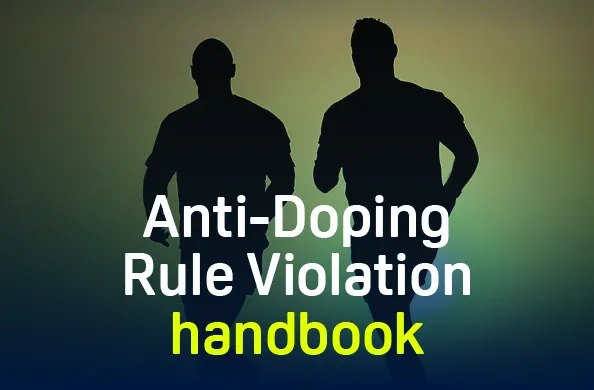Once your sample is sealed, no one at Sport Integrity Australia can open it. Only WADA-accredited labs are authorised to analyse samples.
Sport Integrity Australia conducts the athlete testing process, but we don't analyse the samples. Instead, all samples are sent to a laboratory accredited by the World Anti-Doping Agency (WADA).
These laboratories follow the International Standard for Laboratories for sample analysis. So, no matter where in the world your sample is analysed, it's done to the same standard.
Importantly, all analysis is done anonymously. The laboratory is never provided the athlete’s name. They only receive the identification number on the testing equipment kit selected by the athlete.
Understanding your test results
The laboratory will notify us of the sample results. Here's what the outcomes mean:
-
Negative:
No prohibited substance was detected. This is good news and you won't hear from us.
-
Positive:
A prohibited substance was detected, this is called an Adverse Analytical Finding or AAF. We'll match the testing kit identification numbers on all the paperwork and contact you to let you know. You'll have the opportunity to request for your B sample to be analysed, and an investigation will begin.
-
Atypical:
This means the sample is neither positive or negative. This result might be linked to doping, but we can’t be sure because of the substance or result type. We’ll investigate and get more information to understand what happened.
When we collect urine and blood samples, they are reviewed in accordance with WADA’s Athlete Biological Passport Guidelines.
If something unusual shows up following the review of an athlete’s profile, we may contact you for more information. This helps ensure fair treatment and thorough checks before any anti-doping rule violation is pursued.
It's important to know, if a prohibited substance or method is confirmed, it may lead to an Anti-Doping Rule Violation.
Your sample may be stored for up to 10 years and reanalysed at any time using newer technology.
What happens after a positive result?
Suspensions
If you test positive, your sport may impose a provisional suspension right away. This means you'll need to stop competing immediately.
Whether this happens depends on the type of substance detected and follows the rules set out in the Code.
Types of substances
The Code separates substances into 2 categories:
-
Specified substances:
These are substances that could enter an athlete’s body through unintentionally, for example, through certain medications or contaminated supplements.
-
Non-Specified substances:
These are substances that are rarely found through unintended use and are often linked to deliberate doping.
Examples include:
If Non-specified Substances is detected, a mandatory provisional suspension must be imposed. There is no discretion under the Code for these cases.
B sample testing
If you receive a positive test result, you have the right to request your B sample is analysed.
You can choose:
- Attend the B sample opening and analysis in person
- Appoint a representative to attend on your behalf
- Waive your right to have your B sample analysed.
Once this step is complete, Sport Integrity Australia will investigate in line with the International Standard for Testing and Investigations, and in alignment with our legislation.
Athlete support services
We understand this can be challenging time. To help support you we offer:
- Free, independent counselling from the moment you're notified of a potential anti-doping rule violation
- Ongoing welfare support through your National Sporting Organisation during the investigation.
Learn more about available mental health and wellbeing services
The Anti-Doping Rule Violation (ADRV) Handbook
The ADRV handbook is designed to support athletes through every step of the process, from the moment you're notified of an Adverse Analytical Finding (AAF) through to any sanctions and return to training.
